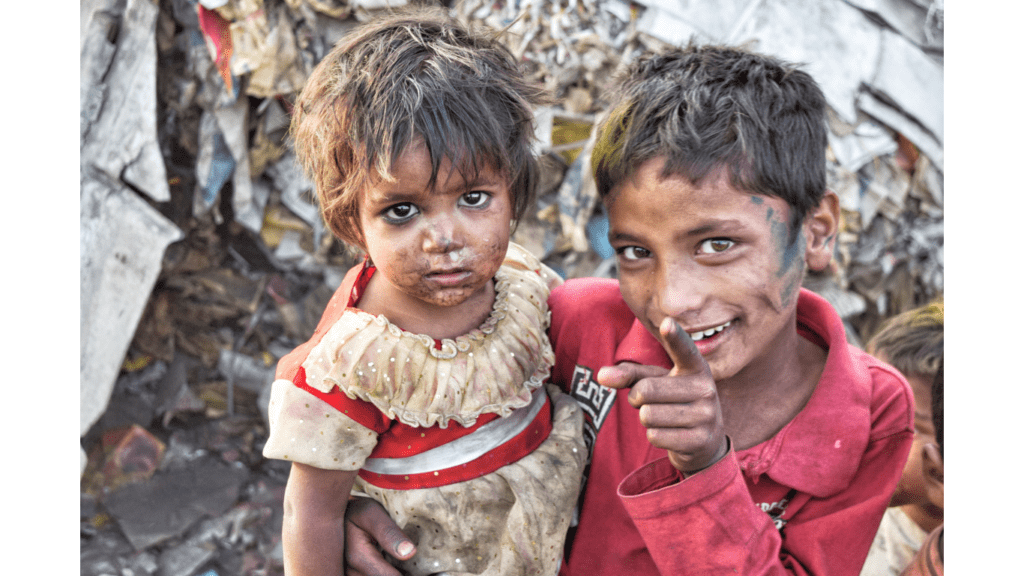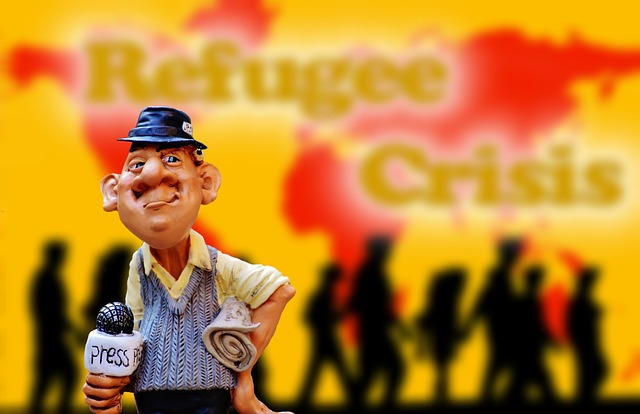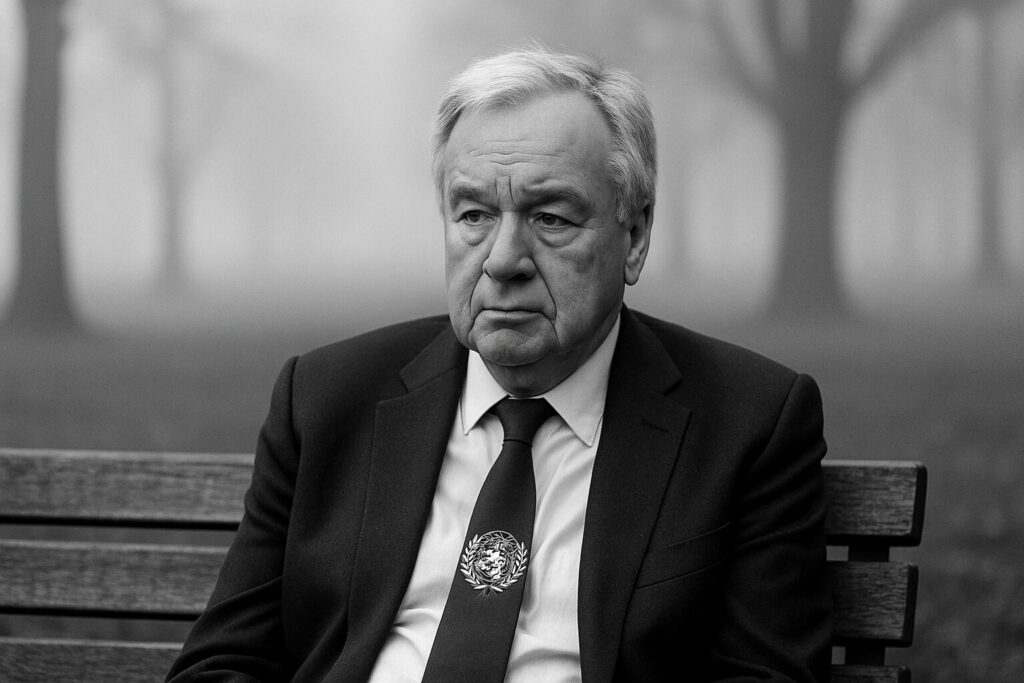Understanding the Escalation of Humanitarian Crises
The Rise in Global Refugee Numbers
In examining the escalation of humanitarian crises, it’s evident that there has been a significant increase in global refugee numbers over the past few years. According to the UN Refugee Agency, there are over 26 million refugees worldwide, with the numbers steadily rising due to conflicts, persecution, and violence in various regions. This surge in refugee populations has put immense pressure on countries and organizations to provide support and assistance.
Impact of Prolonged Conflicts and Climate Change
The impact of prolonged conflicts and climate change cannot be underestimated when analyzing the escalation of humanitarian crises. Countries facing prolonged conflicts often experience widespread displacement of populations, leading to an increase in refugees and internally displaced persons. Additionally, the effects of climate change, such as natural disasters and environmental degradation, contribute to the displacement of communities, exacerbating the refugee and migration issues globally. The intersection of these factors amplifies the challenges faced in addressing humanitarian crises effectively.
Spotlight on Refugee and Migration Issues
Challenging Journey of Refugees
- Navigating the arduous path of displacement, refugees face daunting challenges daily. From fleeing conflict zones to enduring perilous journeys across borders, their resilience is tested at every turn. The journey entails facing adversities such as lack of basic necessities, limited access to healthcare, and uncertain futures. Additionally, the psychological toll of leaving behind homes and loved ones creates profound emotional strain.
The Strain on Host Countries
- Host countries experience significant pressure as they strive to accommodate the influx of refugees and migrants seeking safety and stability. The sudden increase in population places immense stress on resources like housing, healthcare, and education systems. Balancing humanitarian obligations with internal needs, these countries must find sustainable solutions to support both their citizens and the new arrivals. The strain on infrastructure and public services further underscores the urgent need for collaborative global efforts to address refugee and migration challenges effectively.
International Response and Policies
1. Role of the United Nations and NGOs
In addressing refugee and migration issues, the United Nations and NGOs play pivotal roles. The United Nations, through agencies like UNHCR and IOM, coordinates international efforts to provide aid, protection, and assistance to refugees worldwide. It sets standards for refugee protection and works with governments to ensure the rights and well-being of refugees are safeguarded.
NGOs, on the other hand, complement the work of the United Nations by offering on-the-ground support and implementing programs tailored to the specific needs of displaced populations. These organizations often have greater flexibility in delivering assistance quickly and efficiently in crisis situations. They focus on areas such as healthcare, education, and livelihood support to help refugees rebuild their lives.
2. Limitations of Current Immigration Policies
Despite efforts by various nations to address refugee and migration challenges, current immigration policies often fall short in providing comprehensive solutions. Limited legal pathways for refugees lead to irregular migration and dangerous journeys, putting lives at risk. Strict border controls and restrictive asylum policies can hinder access to protection for those in need, prolonging their suffering and vulnerability.
Moreover, disparities in asylum recognition rates among countries can create significant disparities in refugee outcomes, with some individuals facing greater obstacles in seeking safety and stability. The lack of harmonization in policies and practices across different regions further complicates the situation, making it harder for refugees to navigate the asylum process and find durable solutions.
Addressing these limitations requires a concerted effort to reform immigration policies, increase international cooperation, and ensure that the rights and dignity of refugees are upheld. By working together to create more inclusive and effective policies, governments can better respond to the needs of displaced populations and provide them with the support and protection they deserve.
Stories from the Ground

Personal Accounts of Displacement
- Sharing personal accounts of displacement portrays the harsh realities faced by refugees. Hearing firsthand experiences from individuals escaping conflict zones and persecution offers a vivid understanding of the challenges they encounter. These stories highlight the immense courage and resilience exhibited by refugees in the face of adversity.
The Resilience of Refugee Communities
- Witnessing the resilience of refugee communities is inspiring. Despite facing unimaginable hardships, these communities come together, support each other, and rebuild their lives in unfamiliar environments. The strength and determination displayed by refugee communities in adapting to new circumstances and overcoming obstacles exemplify the human spirit’s ability to persevere in the most challenging situations.
Ethical Considerations and Moral Responsibility
The Debate Over Borders and Humanity
- Exploring the ethical implications of refugee and migration issues reveals a complex debate over borders and humanity. While countries have the right to protect their borders and national security, they also bear a moral responsibility to uphold human rights and provide assistance to those in need. Striking a balance between border control and humanitarian aid is crucial in addressing the challenges posed by massive displacement and migration flows.
- The ethical dilemma surrounding border enforcement raises questions about the treatment of individuals seeking refuge. It’s essential to uphold respect for human dignity and ensure that individuals fleeing persecution are not subjected to inhumane conditions or turned away without due consideration. Recognizing the humanity of refugees and migrants is essential in fostering a compassionate and inclusive approach to addressing their needs.
Upholding Human Rights in Times of Crisis
- In times of humanitarian crises, upholding human rights becomes paramount to safeguarding the well-being and dignity of individuals affected by displacement. Ensuring access to basic rights such as shelter, food, healthcare, and education is essential in mitigating the impact of crises on vulnerable populations. Upholding human rights principles is not just a legal obligation but a moral imperative to protect the fundamental freedoms and dignity of all individuals, regardless of their nationality or status.
- Adhering to international human rights standards and conventions is crucial in providing a framework for protecting the rights of refugees and migrants. By upholding human rights principles, governments and organizations can create a more equitable and just system that respects the inherent dignity and worth of every individual. Prioritizing human rights in times of crisis is a reflection of our shared moral responsibility to uphold the values of compassion, dignity, and justice in the face of adversity.
Moving Forward: Solutions and Interventions
Enhancing Aid Efficiency
- To improve aid efficiency, partnering with local communities and organizations is key. By involving those closest to the crises, we can ensure resources are utilized effectively and reach those in urgent need promptly. Transparency in aid distribution and monitoring mechanisms can enhance accountability and optimize impact. Collaborating with tech companies for innovative solutions, such as cashless transfers and biometric identification, can streamline aid delivery processes and reduce operational costs.
Promoting Inclusive and Sustainable Policies
- Promoting inclusive and sustainable policies involves ensuring equal access to services and opportunities for all, regardless of their background. Prioritizing education and vocational training for refugees and migrants can empower them to contribute positively to their host communities. Implementing long-term integration strategies, including language and cultural orientation programs, can foster social cohesion and minimize potential conflicts. Additionally, advocating for policy coherence at the national and international levels is crucial to address the root causes of displacement and create a conducive environment for sustainable solutions.


 Paulina Evansonic is a visionary journalist and media entrepreneur who founded Whisper Wagon Wire, a leading platform renowned for its exclusive insights into top stories, world news, science, technology, and home trends. With a passion for uncovering the truth and a keen eye for detail, Paulina has dedicated her career to providing readers with in-depth, accurate, and engaging content.
Paulina's journey in the media industry began with a strong academic background in journalism and communication. Her early career was marked by her work as a reporter and editor for various prestigious publications, where she honed her skills and developed a reputation for her investigative prowess and commitment to quality reporting.
Driven by a desire to create a more holistic and accessible news source, Paulina launched Whisper Wagon Wire. Under her leadership, the platform has grown to become a trusted name in journalism, known for its balanced reporting and insightful analysis. Paulina's innovative approach has not only elevated the standards of news media but also inspired a new generation of journalists to pursue excellence in their work.
Through Whisper Wagon Wire, Paulina continues to influence the media landscape, ensuring that readers stay informed about the most important developments around the world. Her dedication to truth and transparency remains at the core of her mission, making her a respected and influential figure in the field of journalism.
Paulina Evansonic is a visionary journalist and media entrepreneur who founded Whisper Wagon Wire, a leading platform renowned for its exclusive insights into top stories, world news, science, technology, and home trends. With a passion for uncovering the truth and a keen eye for detail, Paulina has dedicated her career to providing readers with in-depth, accurate, and engaging content.
Paulina's journey in the media industry began with a strong academic background in journalism and communication. Her early career was marked by her work as a reporter and editor for various prestigious publications, where she honed her skills and developed a reputation for her investigative prowess and commitment to quality reporting.
Driven by a desire to create a more holistic and accessible news source, Paulina launched Whisper Wagon Wire. Under her leadership, the platform has grown to become a trusted name in journalism, known for its balanced reporting and insightful analysis. Paulina's innovative approach has not only elevated the standards of news media but also inspired a new generation of journalists to pursue excellence in their work.
Through Whisper Wagon Wire, Paulina continues to influence the media landscape, ensuring that readers stay informed about the most important developments around the world. Her dedication to truth and transparency remains at the core of her mission, making her a respected and influential figure in the field of journalism.
